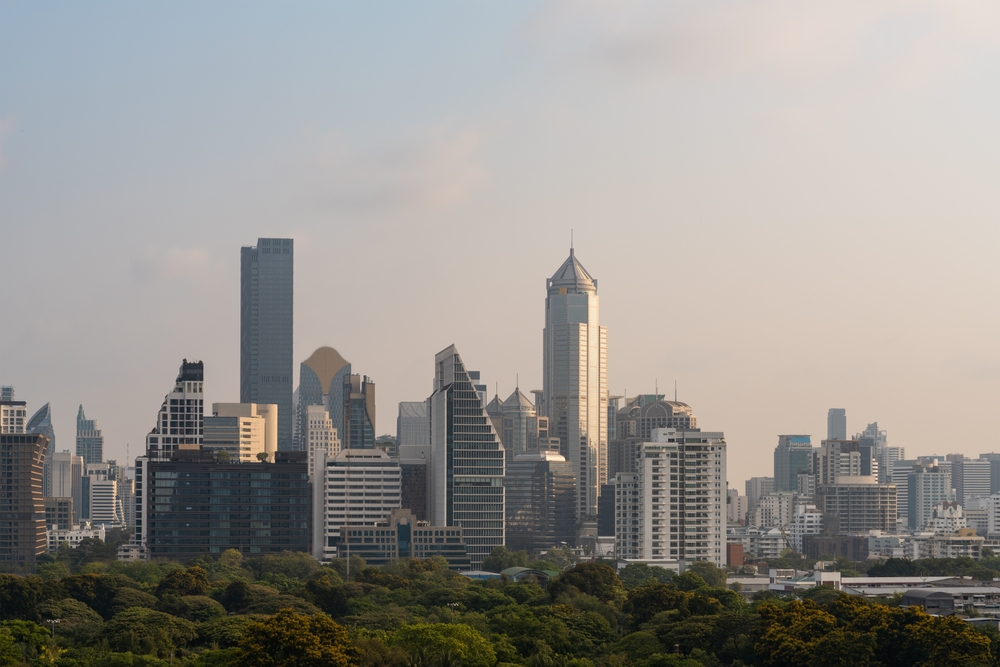Chinese nationals turn to overseas real estate for security and investment
Investors explore trends in Thai and South Korean markets as they seek safety amidst uncertainties

Chinese nationals are increasingly seeking to invest in overseas residences as a safety net against disease outbreaks and economic uncertainties in their home country. According to Reuters, Thailand has emerged as a popular destination for Chinese travellers, with the appeal of international schools and quality medical facilities attracting those looking to acquire a second home.
The Thai Real Estate Association President, Mesak Chunharakchot, notes significant demand for properties in Thailand, especially in major cities like Bangkok, Chiang Mai, Pattaya, and the northeastern region of Isan.
Despite Thai regulations limiting foreign ownership to 49 percent in condominium developments, the demand for properties remains high, driven by Chinese buyers. The share of Chinese students at the Singapore International School Bangkok has increased, reflecting a broader trend of Chinese families seeking opportunities abroad, particularly in the education sector.
Related: China’s February home prices spike at fastest speed as supply dries out
In March, Thailand saw a three-year high in Chinese tourists, although still below pre-pandemic levels. The shift in behaviour is attributed to the perceived advantages of living in Thailand, including freedom of movement and a more open society. Real estate agents catering to Chinese buyers report a surge in interest in luxury apartments, with many opting for properties high-cost apartments and residencies.
Meanwhile, the South China Morning Post reports that, in South Korea, the government has officially disclosed data on homes owned by foreigners for the first time. Chinese nationals own over 54 percent of homes owned by foreigners in South Korea, surpassing Americans who account for 24 percent. The statistics reveal that foreigners own 83,512 homes in the country, making up 0.4 percent of all residential properties. President Yoon Suk-yeol’s commitment to regulating foreigners’ speculative housing transactions is cited as the reason behind the release of this data.
Overall, the trend indicates a growing interest among Chinese nationals in acquiring properties abroad, driven by a desire for security, better living conditions, and investment opportunities.
The Property Report editors wrote this article. For more information, email: [email protected].
Recommended
Why everyone is moving to Selangor and Johor: Malaysia’s real estate comeback
Malaysia’s upturn in fortunes is especially prevalent in secondary destinations such as Selangor and Johor
Penang’s silicon boom: How the US-China tech war is supercharging local real estate
Penang’s booming semiconductor industry has created ripples within the local real estate sector
New leader, new opportunities: How Hun Manet is shaking up Cambodia’s real estate game
Hun Manet is overseeing decent economic growth and widening access to the country’s real estate market for foreigners
Singapore embraces inclusive housing reforms amid resilient demand
The Lion City’s regulatory strength continues to exert appeal for international investors








